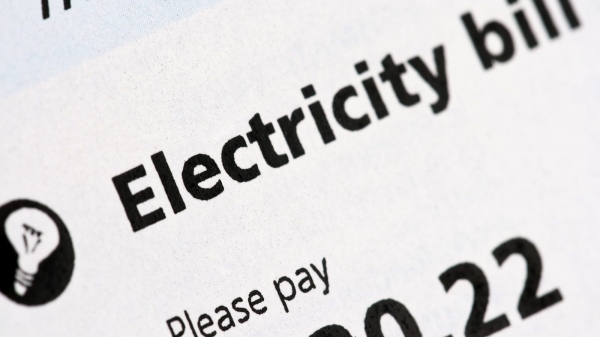A bill recently pre-filed for Alabama’s 2026 legislative session would establish a procedure to replace faithless electors during a presidential election.
Senate Bill 11, sponsored by state Senator Sam Givhan, R-District 7, would establish the “Alabama Uniform Faithful Presidential Electors Act”—legislation which would effectively require state electors to vote for the candidate of the party that nominated them.
During a presidential election, each state’s Democratic and Republican parties nominate their own slate of electors equal to the number of Congressional representatives from the state (third parties may also nominate a slate of electors if their affiliated candidate is on the state’s ballot). If a party’s candidate wins the statewide popular vote, then their electors are appointed and cast their electoral college ballots on behalf of the state.
In general, it is expected that a party’s electors will vote in accordance with the popular vote and cast their ballots in favor of their party’s chosen presidential and vice presidential candidates. However, there is no federal law mandating that electors must do so. When an elector chooses not to cast their ballots for their party’s chosen candidates, they are considered “faithless electors.”
In 2020, the U.S. Supreme Court ruled that states could, in fact, punish faithless electors who break their pledge to cast their ballots for their party’s chosen candidates. Several states—including Indiana, Minnesota, Montana, Nebraska, Nevada and Washington—have already adopted laws allowing them to remove and replace faithless electors in that scenario. If Givhan’s bill were to pass next year, it would add Alabama to that list.
Under SB11, state electors would be required to recite the following pledge when nominated by their political party: “If selected for the position of elector, I agree to serve and to mark my ballots for President and Vice President for the nominees for those offices of the party that nominated me.”
The electors who are ultimately appointed would then be required to complete their ballots in accordance with that pledge. If an elector marks their presidential and/or vice presidential ballot in violation of the pledge—either by failing to mark the ballots at all or by marking the ballots in favor of a candidate who was not nominated by their party—then the Secretary of State “may not accept and may not count either an elector’s presidential or vice presidential ballot” and the elector would be considered to have vacated their office.
In that instance, Givhan’s bill lays out a comprehensive procedure for filling the vacant elector’s position, first by appointing any available alternate electors and then, if needed, by “appointing any immediately available individual who is qualified to serve as an elector and chosen through nomination and plurality vote of the remaining electors, including nomination and vote by a single elector if only one remains.” Any individual appointed to fill a vacant elector position would then be required to pledge to “mark [their] ballots for President and Vice President consistent with the pledge of the individual to whose elector position [they] succeeded.”
The Secretary of State would continue the process of vacating and replacing faithless electors until all electors had marked their ballots in accordance with their pledge. Through this process, the bill would ultimately ensure that all of Alabama’s electoral votes are cast in accordance with the popular vote of the state.
SB11 will first be considered by the Senate Committee on County and Municipal Government during next year’s legislative session. If passed into law, the bill’s provisions would become effective starting Oct. 1, 2026.














































